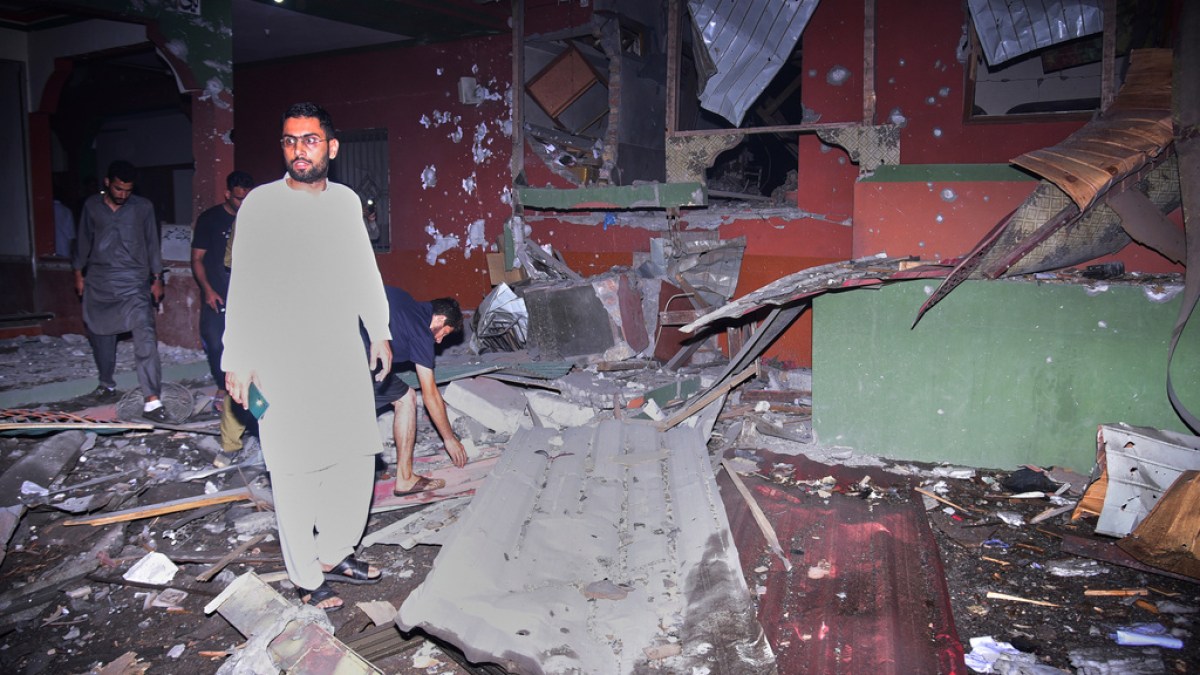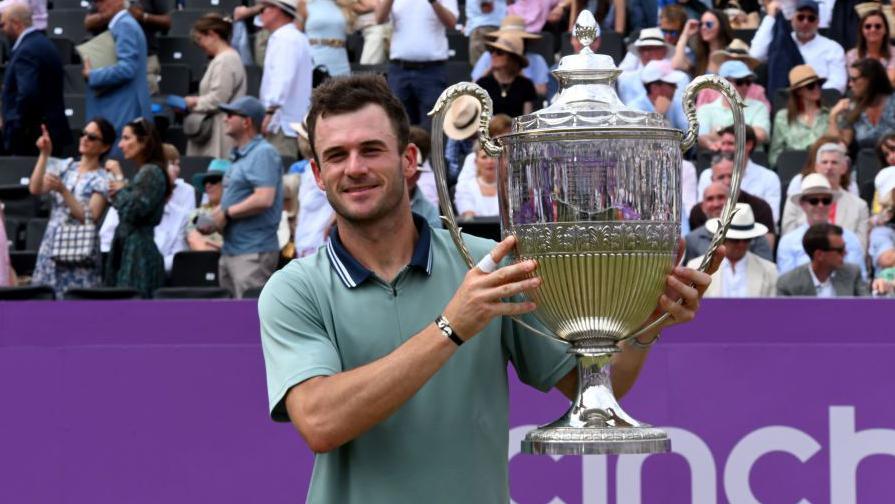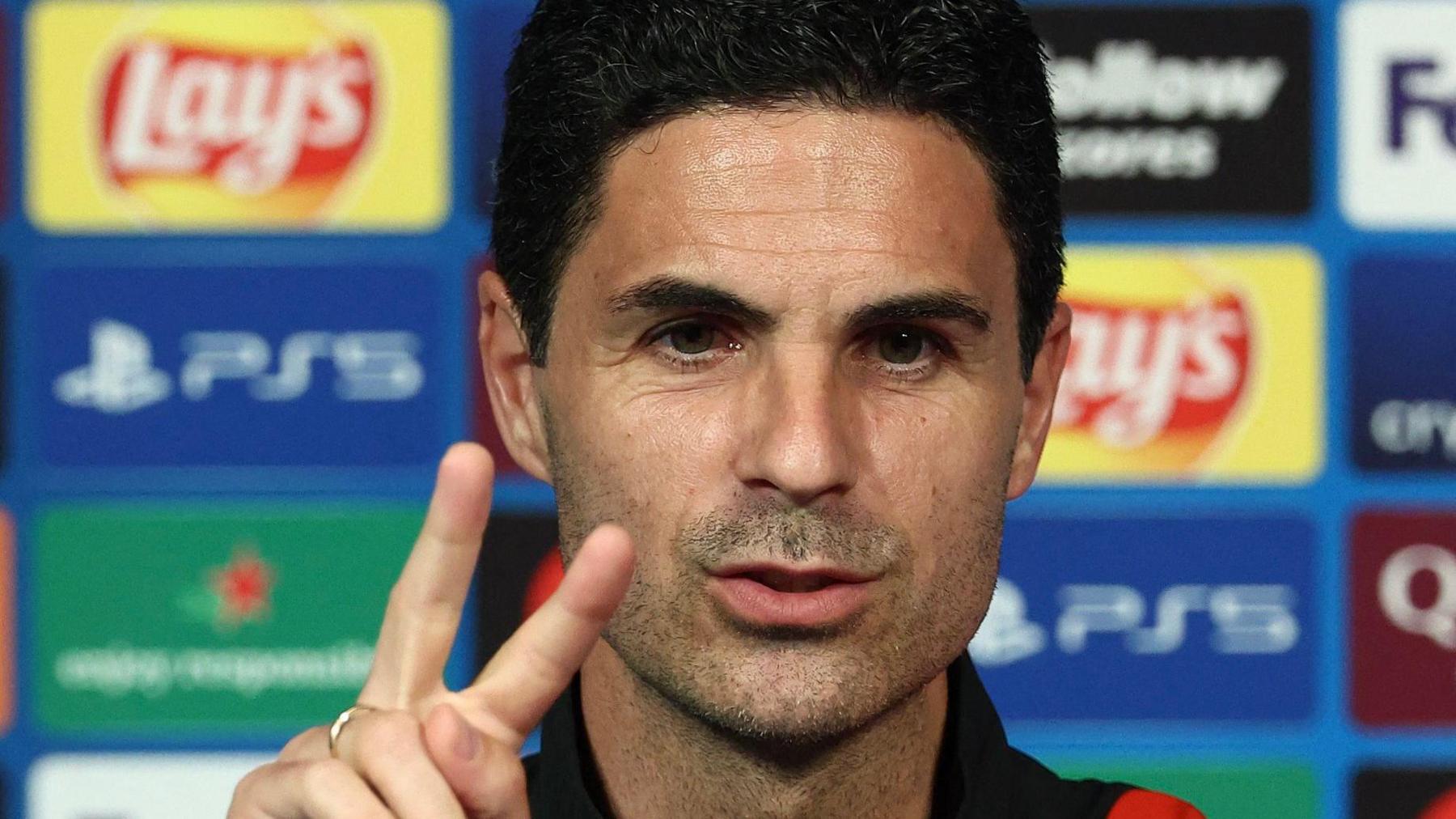India has carried out strikes on what it has described as “terrorist infrastructure” in Pakistan and Pakistan-administered Kashmir in response to last month’s deadly attack in Indian-administered Kashmir, further raising tensions between the two nuclear-armed neighbours.
Pakistan said on Wednesday that at least 26 people were killed and 46 others injured in the Indian attacks. In retaliatory attacks by Pakistani forces, at least 10 people have been killed in Indian-administered Kashmir.
Islamabad said civilians were targeted in India’s strikes, while India’s defence ministry said its forces only hit bases from where attacks on India are “planned and directed”.
India has blamed Pakistan for the April 22 attack in Pahalgam, Indian-administered Kashmir, that killed 26 people. Islamabad has denied it played any role and called for a “neutral” investigation into the worst attack on tourists in Kashmir in a quarter century – a call rejected by India.
India claims Pakistan has provided a haven for armed groups, which have carried out deadly attacks, including the 2008 Mumbai attack and the 2019 Pulwama attack. More than 200 people, including security forces, were killed in the two attacks combined.
Amid soaring tensions, international leaders have called for restraint after New Delhi’s biggest attack on Pakistan and territory it controls in decades.
Islamabad has long welcomed mediation or international involvement to resolve the decades-old conflict over Kashmir, which lies at the heart of their broader dispute, but New Delhi has tried to avoid internationalisation of the conflict. Both India and Pakistan claim Kashmir, but each controls a part of it — with China also administering a chunk of northern Kashmir.
Here is what you need to know about the international efforts to calm tensions between the nuclear-armed nations.
What have countries said so far about the escalation?
While reactions from the international community continue to trickle in, there is an overwhelming consensus that both countries should exercise maximum restraint.
United States: Secretary of State Marco Rubio spoke with the national security advisers of India and Pakistan on Wednesday, urging the two sides to “keep lines of communication open and avoid escalation”, the US State Department said. Rubio said he would continue to stay engaged with both sides, was monitoring the situation between the neighbours closely and hoping for a “peaceful resolution”.
United Kingdom: The UK too has offered to play a diplomatic role in the India-Pakistan conflict. “We stand ready to support both countries,” UK Trade Secretary Jonathan Reynolds told BBC Radio.
“Both have a huge interest in regional stability, in dialogue, in de-escalation and anything we can do to support that, we are here and willing to do.” The conflict dates back to the 1947 partition of the Indian subcontinent by British colonial rulers into India and Pakistan.
China: Beijing called India’s attack “regrettable” while urging both sides to exercise restraint. “They’re both China’s neighbours as well. China opposes all forms of terrorism,” the Chinese foreign ministry said in a statement.
France: Foreign Minister Jean-Noel Barrot said that while India’s desire to “protect itself from the scourge of terrorism” was understandable, it called on both countries to avoid escalation and protect civilians.
United Nations: Secretary-General Antonio Guterres said the international community could not “afford a military confrontation” between the nuclear-armed nations.
Prior to India’s much-anticipated attack, a number of countries said they would be willing to get involved to help de-escalate the continuing crisis.
China: After Pakistan suggested that China could play a role in an international probe to investigate the Pahalgam attack, Chinese Foreign Ministry spokesperson Guo Jiakun welcomed “fair and just investigations at an early date”. He urged “dialogue and consultation to … uphold regional peace and stability”.
Russia: Foreign Minister Sergey Lavrov told his Pakistani counterpart Ishaq Dar that Moscow was ready to “act for a political settlement of the situation”, in the case there was a mutual willingness “on the part of Islamabad and New Delhi”, his ministry said in a statement. Lavrov spoke to Dar on May 4, two days after speaking to Indian Foreign Minister S Jaishankar.
Malaysia: Malaysian Prime Minister Anwar Ibrahim in a post on X expressed support for Pakistan’s call for an “independent and transparent investigation” into the Pahalgam attack. “Malaysia remains open to playing a constructive role, should the need arise,” he added, suggesting a willingness to mediate if acceptable to New Delhi and Islamabad.
Iran: Tehran was willing to “use its good offices in Islamabad and New Delhi to forge greater understanding at this difficult time”, Foreign Minister Abbas Araghchi said on X, four days after the Pahalgam attack.
India has stationed more than half a million forces in the part of Kashmir it administers, to quash decades-old armed rebellion. Ties between the neighbours have been practically frozen since India’s right-wing Bharatiya Janata Party (BJP) government stripped Kashmir of its special status in 2019.
The two countries have fought three out of four wars over the Himalayan region. They briefly stood on the brink of war in the wake of a deadly attack in 2019 on Indian soldiers in Indian-administered Kashmir.
India’s longstanding position on Kashmir is that the issue remains a bilateral one between New Delhi and Islamabad, and it has historically rejected any third party from mediating in the conflict. India cites the Simla Agreement, a 1972 pact between the nations that spoke of the bilateral resolution of disputes, to buttress its position.
Senior analyst at the International Crisis Group, Praveen Donthi, believes India’s “suspicion” of foreign involvement in the Kashmir conflict is derived from the view that international invention would amount to “levelling the field”.
“India considers its claims to be stronger,” Donthi told Al Jazeera. India, he added, sees itself as a regional power and would like to “use its heft to negotiate with Pakistan bilaterally”.
In 1948, the UN Security Council passed Resolution 47 mandating the holding of a plebiscite in the territory, giving residents a choice between joining India or Pakistan.
On the other hand, Pakistan has been open to third-party mediation from individual countries and global organisations like the UN. Pakistan has regularly brought up the Kashmir issue at different UN forums, calling on the organisation to help solve the conflict.
The UN human rights council and international rights organisations have accused India of rights violations in Indian-administered Kashmir.
Rabia Akhtar, director at the Centre for Security, Strategy and Policy Research at the University of Lahore, said Pakistan seeks third-party mediation over the Kashmir conflict because it sees it as “a matter of international concern given deep humanitarian, legal and political dimensions of the conflict”.
“With limited leverage in direct bilateral engagement since India continues to shun it, Islamabad sees international mediation as the only way to level the diplomatic playing field and keep the issue alive globally,” she told Al Jazeera.
While India has consistently opposed third-party mediation over the Kashmir conflict, external involvement has played a key role in helping pause previous wars and military standoffs between the two neighbours.
The second war between India and Pakistan in 1965 ended with the two nations signing the Tashkent Declaration in January 1966, after it was brokered by the Soviet Union.
The accord saw the Indian Prime Minister Lal Bahadur Shastri and Pakistani President Mohammad Ayub Khan agree to a mutual withdrawal to pre-war positions and the restoration of diplomatic and economic ties.
In 1999, during the Kargil War, Pakistani-backed rebels and soldiers crossed the Line of Control (LoC) – the de facto border dividing Kashmir between Indian-administered and Pakistan-administered parts – and took over positions on the Indian side. However, former US President Bill Clinton successfully pressured then Pakistani Prime Minister Nawaz Sharif to withdraw Pakistani forces, using the threat of international isolation.
The 10-week fighting over the snowy heights of Kargil led to the deaths of nearly 1,000 soldiers and fighters on both sides.
Akhtar said that historically, third-party mediation has played a critical role in de-escalating India-Pakistan tensions.
“Both countries lack bilateral crisis mechanisms and have outsourced escalation control to third parties,” she said. “Traditionally, these backchannels have been run by the US, China, United Arab Emirates and Saudi Arabia.”
While she noted that such efforts had failed to resolve the Kashmir issue, “they have helped both sides save face and step back from the brink”.
“In the current crisis, discreet backchannel facilitation, not formal mediation, may be the most viable option,” she added.
Donthi from the International Crisis Group said mediation will be difficult as “both sides show a greater appetite for risk, driven by domestic pressures”, adding that they are “already at a higher point on the escalatory ladder”.




